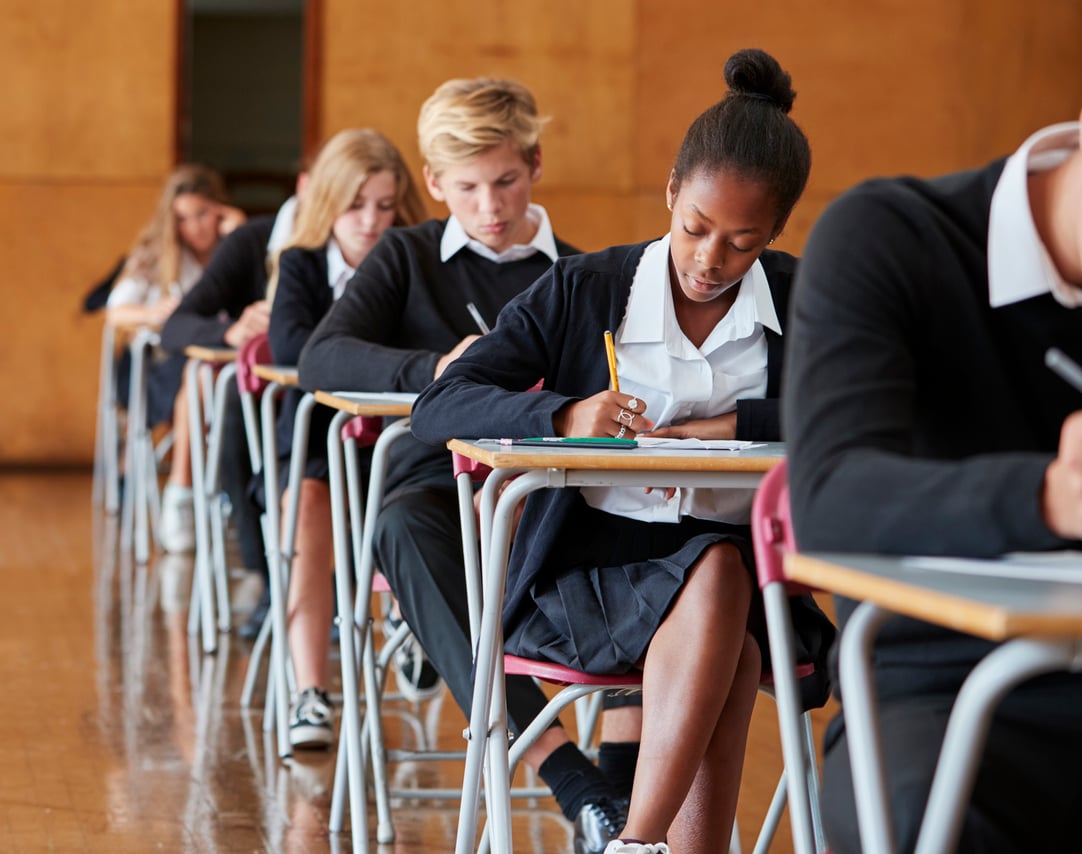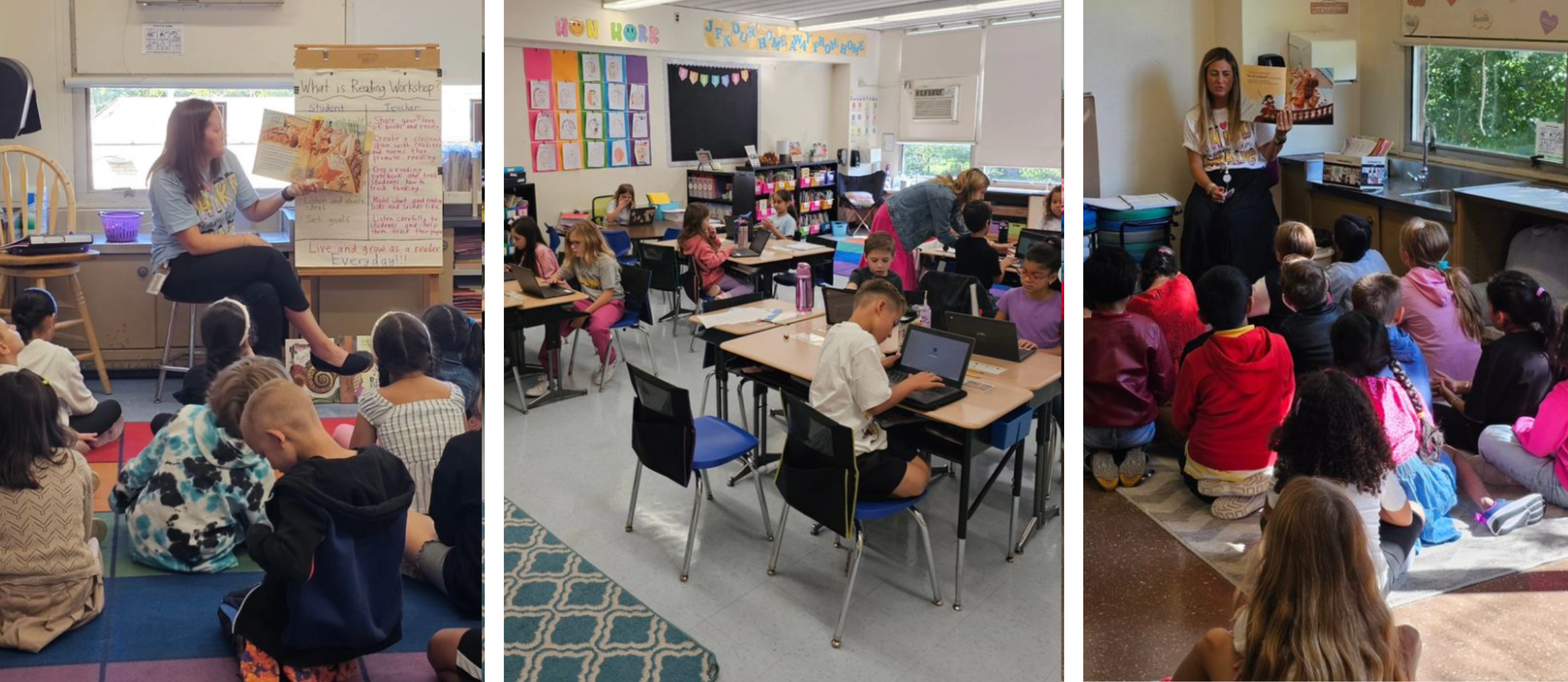Exactly How You Can Help Save Temecula Schools for Future Generations
Exactly How You Can Help Save Temecula Schools for Future Generations
Blog Article
Understanding the Significance of Institutions in Child Development and Neighborhood Development
Schools work as critical organizations for child development and neighborhood growth, offering atmospheres where academic achievements are matched by the farming of social abilities and exposure to varied viewpoints. These instructional setups not only promote vital reasoning and effective interaction however also foster empathy through joint projects. Colleges' engagement with regional areas through service-learning campaigns strengthens the bond in between families and instructional organizations. This symbiotic relationship highlights the importance of schools in supporting energetic citizenship and lifelong knowing habits. Nonetheless, what are the specific devices whereby these institutions achieve such profound influences?
Academic Success
Academic success serves as a keystone of kid growth, offering the foundation upon which future learning and success are constructed. Colleges play a critical function in cultivating this scholastic growth, providing structured atmospheres where kids can obtain important knowledge and cognitive abilities. Standardized educational program make certain that trainees gain effectiveness in core subjects such as maths, scientific research, and language arts, which are crucial for both college and expert opportunities.
In addition to passing on basic academic abilities, colleges also grow crucial reasoning, analytic capabilities, and intellectual inquisitiveness. These cognitive proficiencies are important for navigating intricate real-world situations and adjusting to the ever-evolving needs of the modern-day workplace. Teachers, as facilitators of understanding, utilize diverse instructional strategies to satisfy diverse knowing designs, therefore maximizing private pupil potential.
Additionally, academic success is very closely connected to self-esteem and inspiration. Kids that experience scholastic achievements are most likely to establish a favorable self-concept and a long-lasting passion for discovering. Colleges also supply numerous resources, such as libraries and innovation, which further boost the instructional experience and prepare students for a technologically advanced culture.
Social Ability Growth
Beyond scholastic accomplishment, the role of schools in social skill growth is crucial. Schools serve as a primary venue for kids to find out and exercise essential social skills such as interaction, problem, and collaboration resolution. In the organized environment of a class, pupils engage with peers, educators, and other school team, offering many chances to develop these critical capacities.
Reliable social skill development in colleges is helped with with group activities, collaborative jobs, and extracurricular programs. These interactions aid trainees comprehend social standards, develop empathy, and foster a sense of community. Group projects teach trainees exactly how to function with each other towards a common objective, pay attention to different point of views, and navigate arguments constructively.

The farming of social abilities during academic year lays a foundation for future personal and expert connections. Save Temecula Schools. As students develop, the capacity to effectively communicate and team up becomes progressively important, underscoring the school's vital duty in all natural child growth
Direct Exposure to Diversity
Exposure to diversity in colleges is basic to cultivating a comprehensive state of mind and expanding pupils' perspectives. Schools function as a microcosm of the broader society, and encountering diverse cultures, languages, and socioeconomic backgrounds within this setting gears up students with vital skills for navigating an increasingly globalized world. This direct exposure urges compassion, reduces prejudices, and promotes shared regard among peers.
Varied classrooms also boost cognitive and social advancement. Research study shows that students that communicate with peers from different backgrounds exhibit far better problem-solving skills and creativity. They find out to value different perspectives, which enhances classroom conversations and cultivates a much more vibrant understanding experience. This understanding of diversity prepares trainees for future work environments that value modern skills.

Area Engagement
The benefits of diverse classrooms extend past the institution wall surfaces, promoting a solid feeling of neighborhood engagement among students. By communicating with peers from different social, socioeconomic, and ethnic backgrounds, students acquire a wider point of view and a gratitude for variety. This direct exposure urges them to come to be visit the site energetic residents that agree to add favorably to their areas.
Institutions that stress community engagement often incorporate service-learning tasks, which allow trainees to attend to real-world issues while applying academic skills. These projects not only boost students' understanding of their coursework yet also instill a feeling of duty and compassion. Partnerships in between institutions and regional companies provide students with possibilities to take part in community occasions, even more strengthening their function as proactive area members - Save Temecula Schools.
In addition, parental and neighborhood involvement in institutions enhances the bond in between educational organizations and the communities they offer. Through these efforts, institutions play an essential role in supporting area engagement and fostering social growth.
Lifelong Discovering Behaviors
Developing lifelong knowing habits is crucial for a child's continuous growth and adaptability in an ever-changing globe. Schools play a critical function read review in instilling these practices by producing an atmosphere that fosters inquisitiveness, essential reasoning, and a love for expertise. Via varied curricula and extracurricular activities, teachers encourage students to explore various topics, assess information critically, and apply their learning to real-world situations.

Furthermore, colleges provide a structured setting where kids can develop self-discipline and time monitoring abilities, both of which are important for continual understanding. By highlighting the relevance of establishing goals, assessing progression, and adjusting techniques, academic establishments prepare students to navigate the complexities of grown-up life, ensuring they remain lifelong learners and factors to culture.
Verdict
In verdict, schools are vital in promoting kid growth and area growth by providing environments for academic achievement, social skill growth, and exposure to diversity. Through collaborative projects and interactions, colleges enhance important reasoning, compassion, and communication skills. Community interaction initiatives further strengthen the bond in between universities and neighborhood communities. Ultimately, schools grow lifelong discovering routines, furnishing individuals with the required knowledge and abilities to add favorably to society.
In the organized atmosphere of a classroom, trainees connect with peers, instructors, and various other school personnel, providing countless opportunities to create these crucial capacities.
In significance, exposure to variety within schools not only improves individual trainees yet additionally strengthens the social textile of the community as a whole.
The benefits of varied class extend past the institution wall surfaces, cultivating a strong sense of neighborhood involvement among pupils.Schools that emphasize neighborhood interaction usually incorporate service-learning projects, which permit students to deal with real-world issues while using scholastic abilities. Partnerships in between schools and local organizations supply trainees with possibilities to participate in area occasions, better solidifying their role as proactive community members.
Report this page